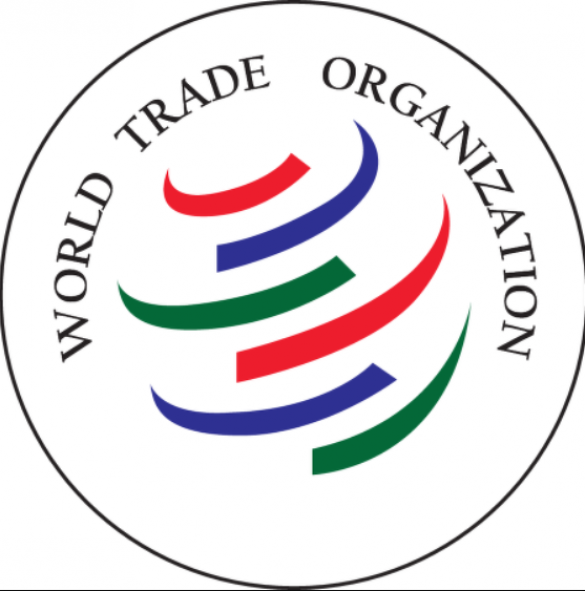
Washington: Hopes for reforming agricultural rules at the World Trade Organization (WTO) have been dashed as talks between developed and developing nations is withheld, posing a significant threat to global food security.
The deadlock emerged from conflicting interests, with developed countries, led by the United States, advocating for a reduction in agricultural subsidies, while developing nations, spearheaded by India, resisted any cuts.
The failure to reach a compromise underscores the challenges of reforming the WTO's agricultural rules, which have been widely criticized for distorting trade, leading to overproduction, and hindering the competitiveness of farmers in developing countries.
Also Read: Sunak slams EU for 'regrettable' Falklands reference
The WTO talks aimed to address the longstanding issue of agricultural subsidies, which have contributed to trade imbalances and market distortions. Developed nations' generous subsidies have resulted in overproduction of certain agricultural goods, leading to artificially depressed prices.
This surplus production often finds its way into international markets, hampering the viability of farmers in developing countries who cannot compete with the heavily subsidized products.
Moreover, the collapse of the negotiations also exacerbates global food security concerns. The impact of agricultural subsidies in developed countries has been linked to driving up global food prices, which disproportionately affects vulnerable populations in developing nations.
Higher food prices have serious implications for poverty and malnutrition, further straining economies already grappling with the effects of the COVID-19 pandemic and other economic challenges.
The breakdown of the talks comes at a critical time when global food security is facing additional threats. The ongoing conflict in Ukraine has disrupted grain exports from the Black Sea region, a significant source of agricultural products for many countries. Furthermore, the rising energy prices have escalated production costs, adding pressure to already fragile food systems.
The failure of the WTO negotiations is a stark reminder of the urgency to address the growing food security crisis. As the world population continues to expand, and climate change poses challenges to agricultural production, concerted efforts are needed to ensure food accessibility and affordability for all.
The international community must refocus its attention on implementing sustainable and inclusive agricultural policies. Reducing food waste, enhancing agricultural productivity, and investing in resilient farming practices can help mitigate the impact of market distortions caused by subsidies and pave the way for a more equitable global food trade.
Experts emphasize the need for global cooperation and a renewed commitment to multilateralism to address these complex challenges. Rebuilding trust and finding common ground within the WTO framework are vital steps to ensure that future negotiations yield meaningful results in the pursuit of a fair and secure global trading system.
Also Read: AUKUS deal in limbo as Republicans block submarine sale, demand more military spending
The stakes are high, and the impact of this breakdown goes beyond the trading table. It serves as a call to action for world leaders to prioritize food security and create a sustainable path forward for a well-functioning global food system. The clock is ticking, and the world cannot afford to delay addressing the urgent issues that affect the well-being of millions of people worldwide.